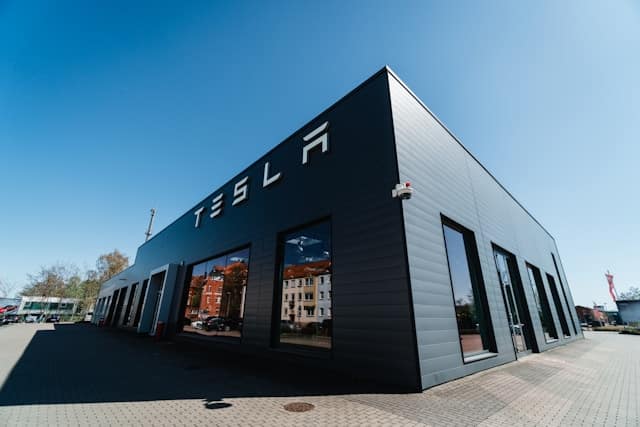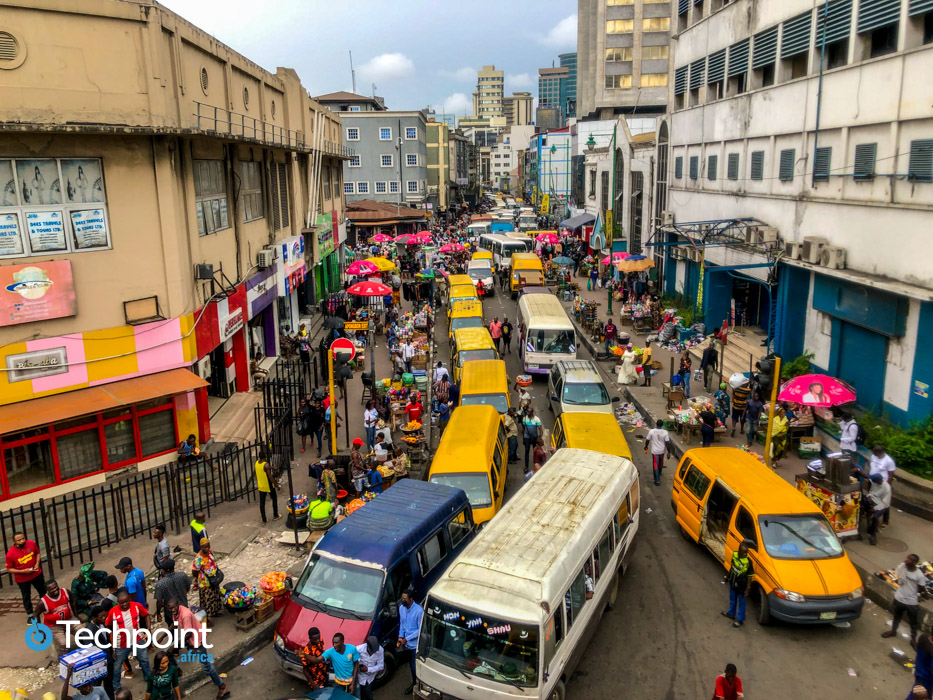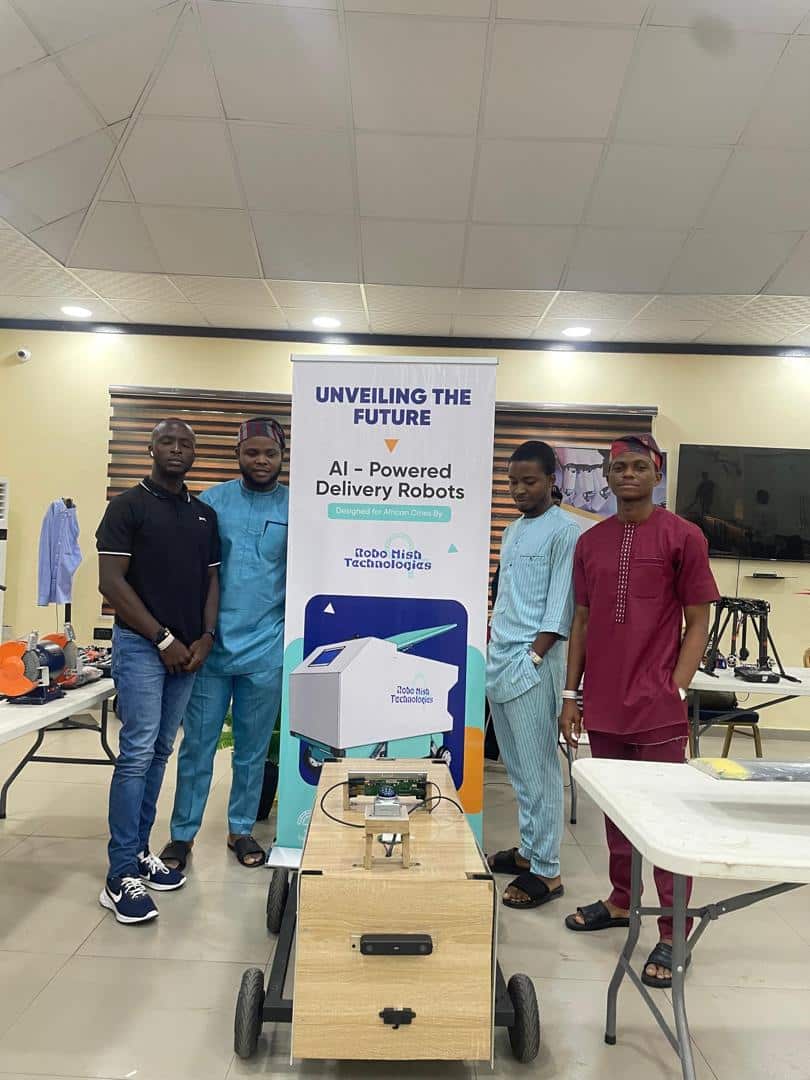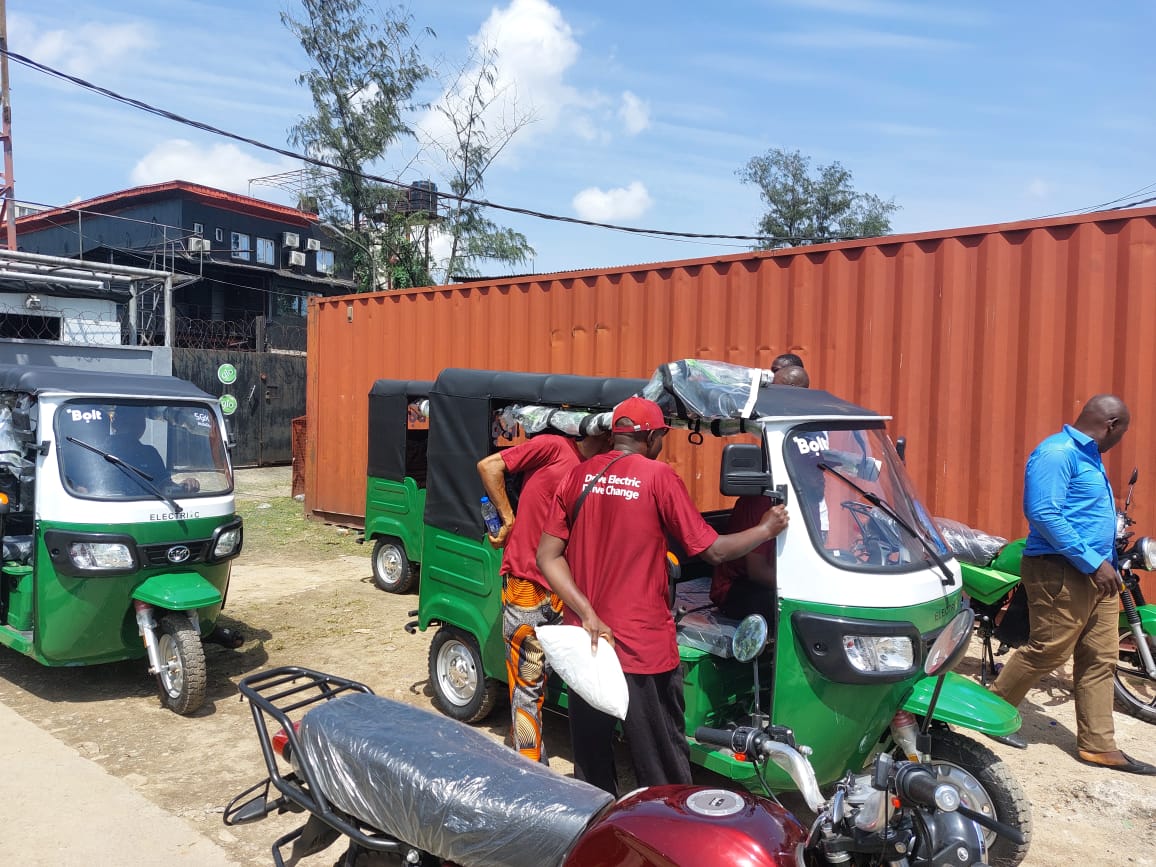The news:
- Mobius Motors, a Kenya-born vehicle manufacturer and assembler, is set to shut down operations under the Insolvency Act following financial struggles which hindered it from settling suppliers and paying salaries.
- Per a notice seen by Techpoint Africa, a creditors’ meeting has been set for August 15, 2024, at Mobius Factory in Nairobi, Kenya, to approve KVSK Sastry as the liquidator to oversee the process.
- The company, after failing to rescue the company for the past year, decided to enter voluntary liquidation.
Nicolas Guibert, Mobius Director, said in a notice, “At a meeting of the shareholders held on 5 August 2024, it was resolved to place the company under liquidation as per Section 393(1) (b) of the Insolvency Act and appoint KVSK Sastry as the liquidator to wind up the company.”
The list of the creditors’ names and proxy forms will be available for inspection on August 9, 2024, at the company’s office.
The news of the shutdown has led to discussions on the impact of government policies on the mobility industry and the East African nation’s economy.
Kenya’s Insolvency Act 2015 allows companies to close shop if the board determines “by special resolution that it be liquidated voluntarily.”
The company, which secured $56 million across five rounds, produced low-priced SUVs targeting small and medium-sized enterprises (SMEs) in infrastructure, agribusiness and supplies, operating in remote areas, with particular need for vehicles that could withstand rough terrains.
Founded by British entrepreneur Joel Jackson, and backed by UK-based venture capital (VC) firm Playfair Capital, Mobius, which reportedly has a high debt profile due to its financial struggle, launched a stripped-down SUV model that it claimed was specifically built for African roads in 2014.
The first model, which comprised 50 units, cost $10,000 (KES1.3 million), below the market prices of standard SUVs in Kenya at the time.
Subsequently, the company released Mobius II (second model) and Mobius III (third model) in 2018 and 2021 respectively, to succeed the first model.
However, the business soon started facing financial troubles as it failed to capture the Kenyan car market, which was swamped with second-hand imports from the United Kingdom and several Asian countries.











